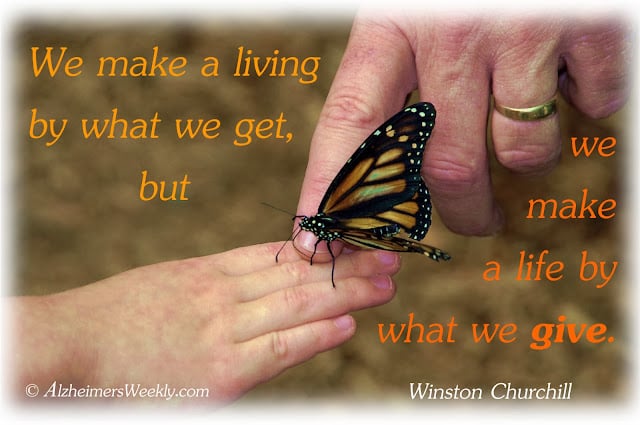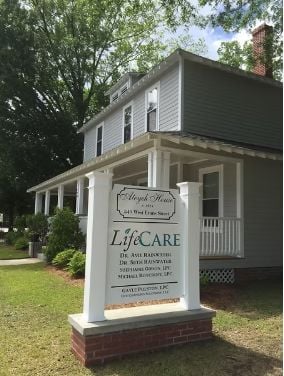
“Beet” Alzheimer’s with Betanin
Betanin makes beets red. Betanin slows the #1 Alzheimer’s culprit, brain plaque. Learn the way it fights dementia and how much to eat or drink.

Betanin makes beets red. Betanin slows the #1 Alzheimer’s culprit, brain plaque. Learn the way it fights dementia and how much to eat or drink.

DIET: Years of good research suggests caffeine lowers dementia risk. New research uncovers a subtle twist – AFTER dementia kicks in, caffeine may exert negative effects. Get the facts.

MEMORY PROBLEMS, an early sign of Alzheimer’s, are linked to glucose sugar deprivation in brain cells. So is diabetes, a well-known Alzheimer’s risk factor. How strongly connected is the Alzheimer’s-Sugar-Diabetes triangle?

Heavy drinkers who have eight or more alcoholic drinks per week have increased risk of brain lesions called hyaline arteriolosclerosis, signs of brain injury that are associated with memory and thinking problems, according to a new study.

Blueberries can significantly improve cognitive performance within hours of consumption. Watch Dr. Greger on NutritionFacts.org to see how much.

Rosemary & sage extracts inspire a potential anti-inflammatory drug for Alzheimer’s. Scripps Research created a stable form of carnosic acid, improving memory in the lab.

Is dementia connected to blood vessel damage? Can I reverse blood vessel damage? Can I slow down dementia? How can improving my diet combat memory loss? Watch Heart Expert William Li.

VIDEO: 85 in Ikaria? Smile. On this Greek island, Alzheimer’s is almost non-existent. 85 in America? Your odds hit 50-50. Is it genes, diet or air? NBC travels to an unlikely place for answers: Cleveland, Ohio.

BRAIN-HEALTHY RECIPE: A taste-of-India Alzheimer’s-fighting side-dish. The chickpeas are rich in dementia-resistant arginine. High-in-iron spinach guards against stroke and vascular dementia, Indian curry’s neuroprotective turmeric offers the brain an added preventative to fight off Alzheimer’s. Serve over brown rice.

NUTRITION FACTS, VIDEO + ARTICLE: Cholesterol oxides can end up in your brain, where they are 100 times more likely to cause Alzheimer’s than regular cholesterol. Find out what to eat each day to keep dementia away.

Lewy Body dementia is the 2nd most common form of dementia. See
experts at America’s top medical center, The Mayo Clinic, improving the lives of people who struggle with it.

We make a living by what we get,But we make a life by what we give. (Winston Churchill)

Clinical Psychology / Neuropsychology
LIFECARE PSYCHOLOGY GROUP, LLC

SHORT-TERM MEMORY lapses are obvious signs of Alzheimer’s, but other tell-tale signals begin to show much earlier. Learn how to look for semantic impairments, such as simple questions about size.

Three important dementia studies focus on HS-AGING, a type of dementia almost as common as Alzheimer’s in the 85+ group. Yet few people have heard of it. Why? What makes it different?

An intriguing study of 120 grandmothers might surprise you. Doctors know socially engaged people have better cognition and less dementia. But can a person get too much of a good thing? What’s the right balance?

Enjoy this great duet between a musician with dementia and his son. A triumph of spirit over Alzheimer’s! Sing-a-long if you like!
No spam, only news and updates.



This site was inspired by my Mom’s autoimmune dementia.
It is a place where we separate out the wheat from the chafe, the important articles & videos from each week’s river of news. Google gets a new post on Alzheimer’s or dementia every 7 minutes. That can overwhelm anyone looking for help. This site filters out, focuses on and offers only the best information. It has helped hundreds of thousands of people since it debuted in 2007. Thanks to our many subscribers for your supportive feedback.
The site is dedicated to all those preserving the dignity of the community of people living with dementia.
Peter Berger, Editor